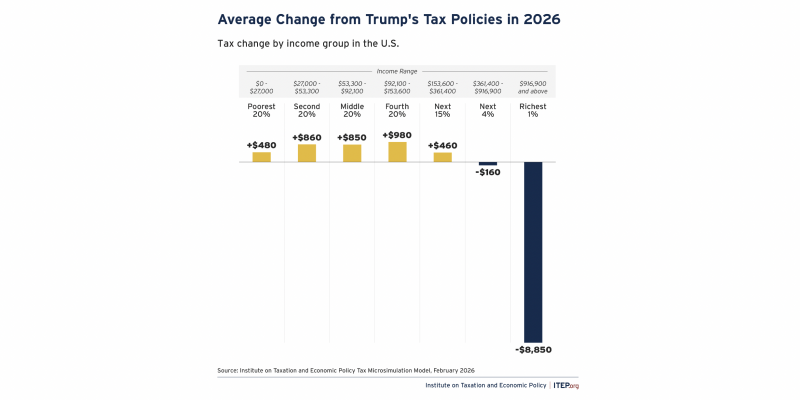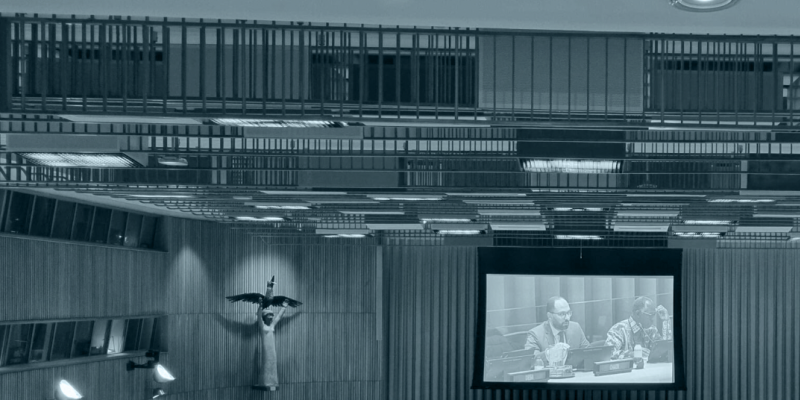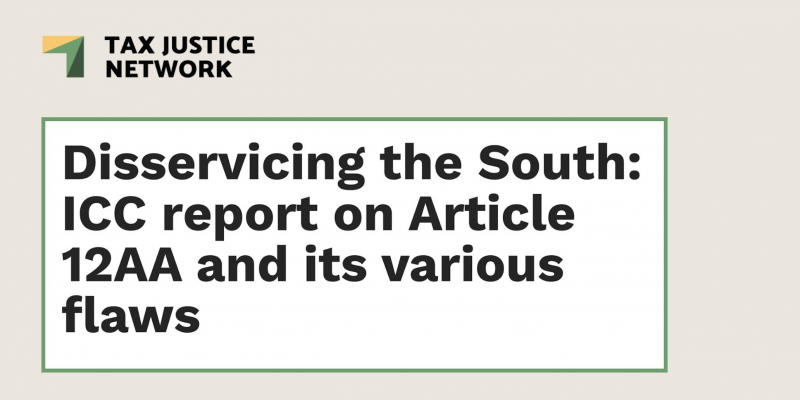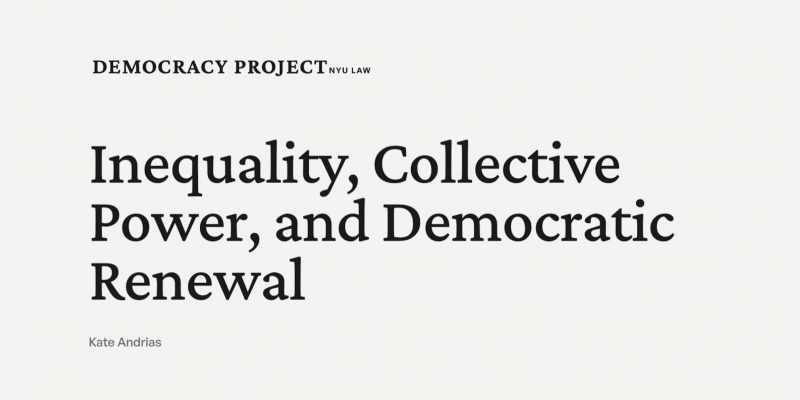Inequality is the cross-cutting theme to all problems we need to solve: Be it the climate crisis or the division of society – you cannot fully understand the issues without thinking about inequalities. The United Nations have therefore formulated the reduction of inequalities as an independent sustainability goal of the 2030 Agenda, No. 10: Inequality should be reduced within and between countries – “Leave no one behind!”

What are the Sustainable Development Goals, also known as SDGs? If you want more information about the SDGs, you find it here: 17 SDGs.





